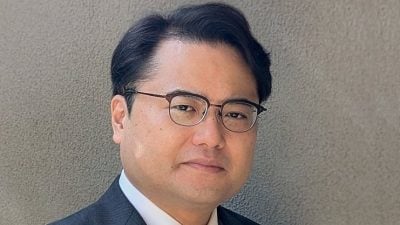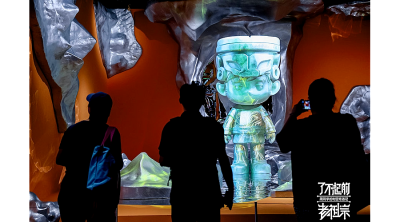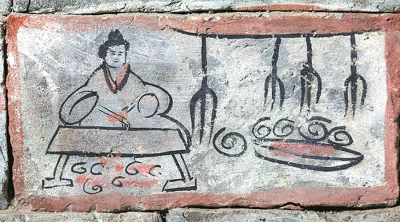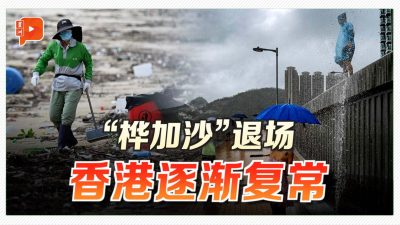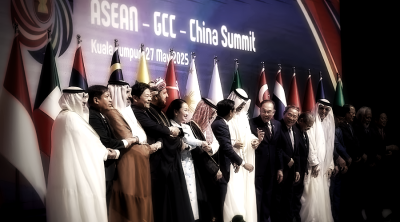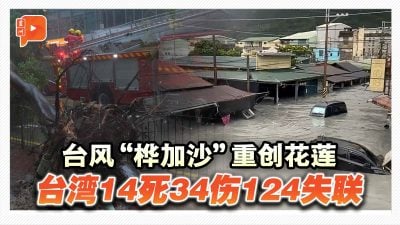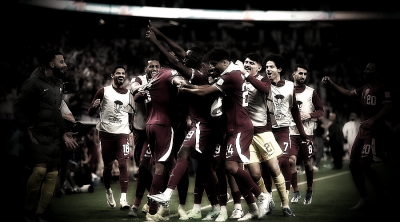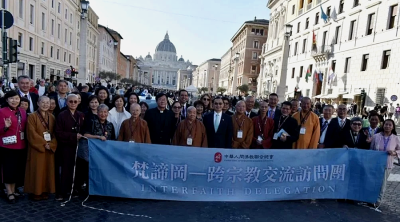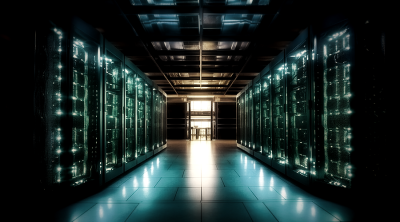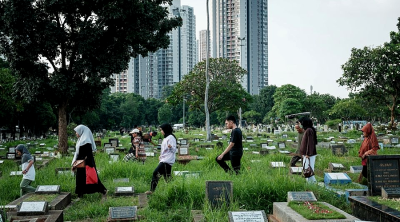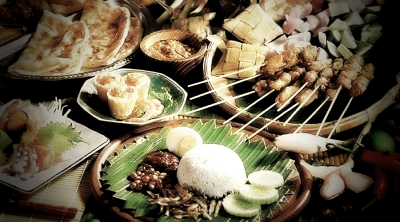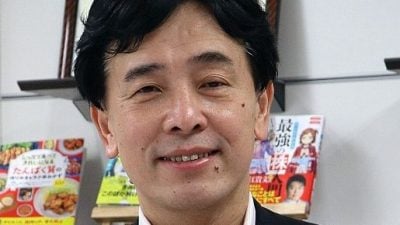HONG KONG: Three years after his failed first attempt, Chinese painter Zhao Zhijun got what he wanted: an elected role to influence Hong Kong’s arts industry at a time when free expression is being stifled by Beijing.
“I don’t think art should be mixed up with politics,” said Zhao, a native of the autonomous Inner Mongolia region of China who settled in Hong Kong and retains close ties with Beijing’s tightly controlled artistic establishment.
Most arts organizations in Hong Kong rely on government subsidies, and the Arts Development Council is the gatekeeper for more than HK$100 million ($12.7 million) of annual funding.
The council’s latest reshuffle offered a glimpse of how Beijing’s new political order has upended the city’s art scene, and how local artists are struggling to overcome censorship and find room to maneuver.
As a semi-official organization, most of the council’s 27 members are appointed by the government. Only 10 seats are chosen by the industry — which in recent years favored artists outspoken about democracy and human rights.
The 2019 race coincided with Hong Kong’s huge and often violent democracy protests and Zhao — viewed as an outsider because of his background and the language barrier — lost in a landslide.
Beijing has since imposed a far-reaching political crackdown, instituting a mainland-style orthodoxy that stresses patriotism and national security.
This week’s council election took place under new rules that restricted the voter base and required all candidates to secure backing from a committee of Beijing loyalists.
“In 2019, the pressures of politics left me discouraged … (This time) the atmosphere is very calm,” Zhao told AFP after his victory.
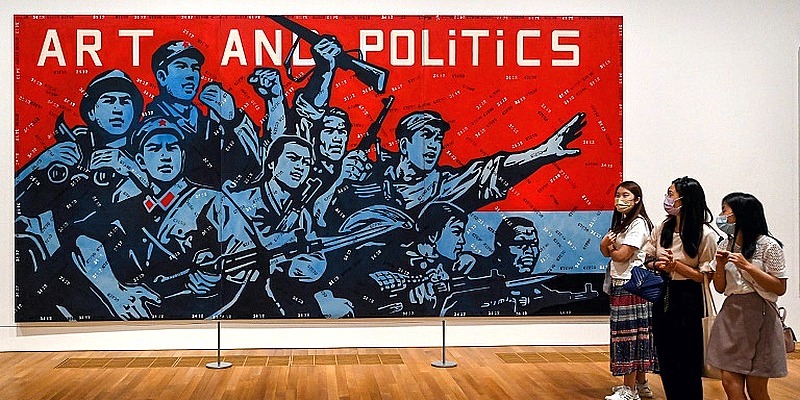
Censorship fears
Hong Kong officials say they want the city to become a world-class international arts hub, but critics wonder if local artists can survive, let alone thrive, in the current climate.
Last year, the council cut short a three-year grant to non-profit film
distributor Ying E Chi after it released a documentary on a violent university campus standoff between protesters and police.
The distributor had been receiving around $90,000 a year in grant money, which was sorely needed to finance screenings of independent films, according to Ying E Chi’s artistic director Vincent Chui.
“In a letter, (the Council) said our documentary ’caused great public concern and had a negative effect on society’, so they cut us off,” Chui told AFP.
“That is a very subjective assessment. How can I work with that? What are their rules and how am I supposed to follow them?”
Weeks later, three pro-democracy artists resigned from their elected council seats, one saying he feared for his safety.
Few opposing voices remained by the time new election rules for the council were introduced in May, changes authorities said would ensure “national security elements” were addressed.
Council member Kwong Wai-lap told AFP the government had rushed through the changes without public consultation, adding there was an implicit threat that elections could be scrapped entirely.
“If we voted down the ‘improved’ mechanism, it was very likely that 100 percent of the members would be appointed. If we accepted, at least some of the seats will be democratically chosen,” he said.
‘We want creative freedom’
Creative freedom was a core issue in the election three years ago, with 11 of the 19 candidates listing it on their platforms.
None of the 15 candidates did that this year. Instead, two-thirds mentioned how Hong Kong should better integrate into China’s regional development blueprint.
The election ended with only 857 ballots cast among 6,993 total voters who work as artists or in the art industry — a 12.3 percent turnout that was the lowest since 2001, and roughly a quarter of the 2019 number.
Council chief executive Winsome Chow blamed the turnout on the shortened preparation time due to the rules changes and said fewer people had to vote because only five of the 10 seats were contested.
“I don’t think this year’s election is less competitive… Whether (voters) choose to come or not, that I cannot control,” she told AFP.
Asked about censorship fears, Chow said artists should “trust our peers and our system.”
“We provide funding to people in the industry to create, exhibit and pursue their artistic goals. We are not paying them to do other things,” she said.
Winton Au, a psychology professor who was elected on Monday to represent theatre workers, said he believed there was still space to operate within the system.
“I hope we can avoid self-censorship … We all want creative freedom, to say what we want to say.”
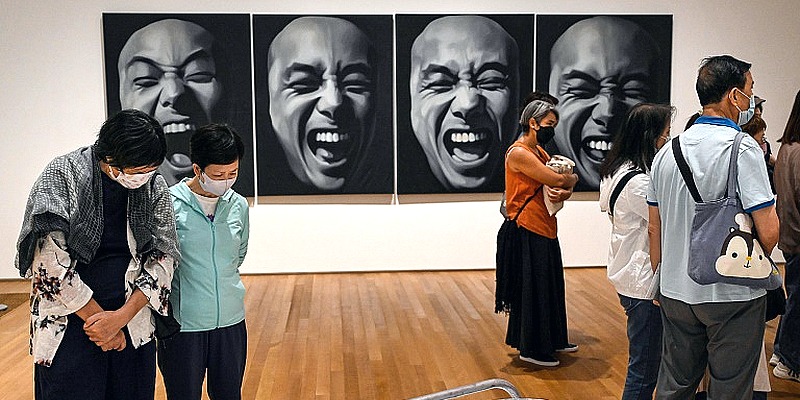
ADVERTISEMENT
ADVERTISEMENT






